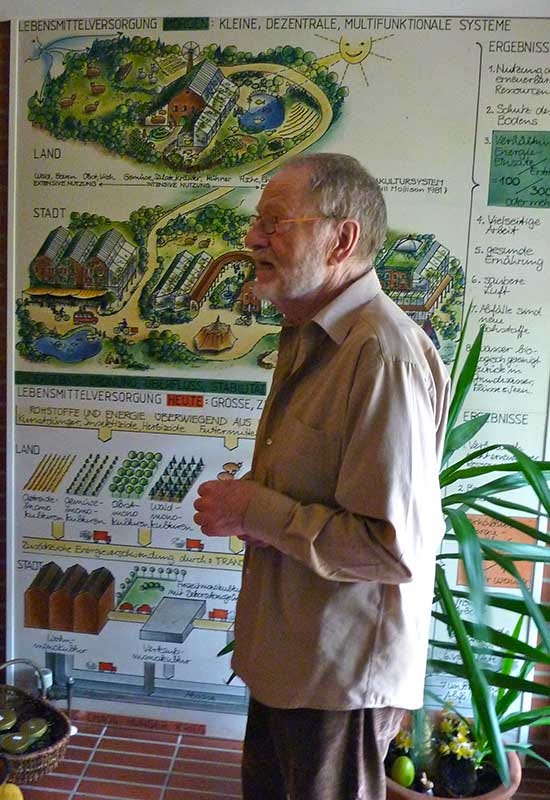We are no longer updating the Research Digest. All content remains.
The Permaculture Research Digest has summaries of newly published permaculture-related research. All items are
hyper-linked to the original publication.
The 'January 2013' archive contains 60 items published in 2012.
Items marked with a # have restricted public access, although abstracts are freely available.
Permaculture Research Digest
Wednesday, 30 May 2018
Friday, 25 May 2018
Microgreen/mushroom permaculture (journal)
Expanding Herbal Microgreen-Mushroom Permaculture Can Be an Efficient Way toRecycle Agricultural Waste While Treating and Feeding the World
A sustainable cycle of substrate utilization is beginning to manifest with plant waste being used as mushroom substrate, and spent (used) mushroom substrate being used in place of traditional soil, for herbal microgreen growth. This approach to efficiency and conservation an example of permaculture, or the development of agricultural ecosystems intended to be sustainable and self-sufficient.
A vision for eco settlements (online)
A vision for Ecological Settlement Design (by Declan & Margrit Kennedy)
Margrit and Declan Kennedy spend their lives as activists, architects, academics and pioneers in the permaculture, ecovillage and alternative currency movements. This qualifies them as exemplary trans-disciplinary whole systems thinkers, designers, and doers. They are co-founders of the ecovillage Lebengarten in Germany, while working as professors of architecture and urban planning in Berlin, they also taught the first permaculture courses in Europe. Here is their whole systems vision of ecological design for sustainable communities.
Thursday, 17 May 2018
The urgency of climate action (online)
Three Things We Don’t Understand About Climate Change
Thinking
about climate change is not something that comes natural to humans — or
‘consumers’ as we have been called for decades. It is not only
emotionally unpleasant, but analytically extremely challenging. Most of us do not grasp how immediate this situation has
become, how fast it is progressing and what the scale of change needed
is. After individuals, nations and corporations understand
the urgency and the rate, they should be honest about the scale of
action needed in order to avoid collapse of the biosphere and thus
civilisation.
Subscribe to:
Comments (Atom)


